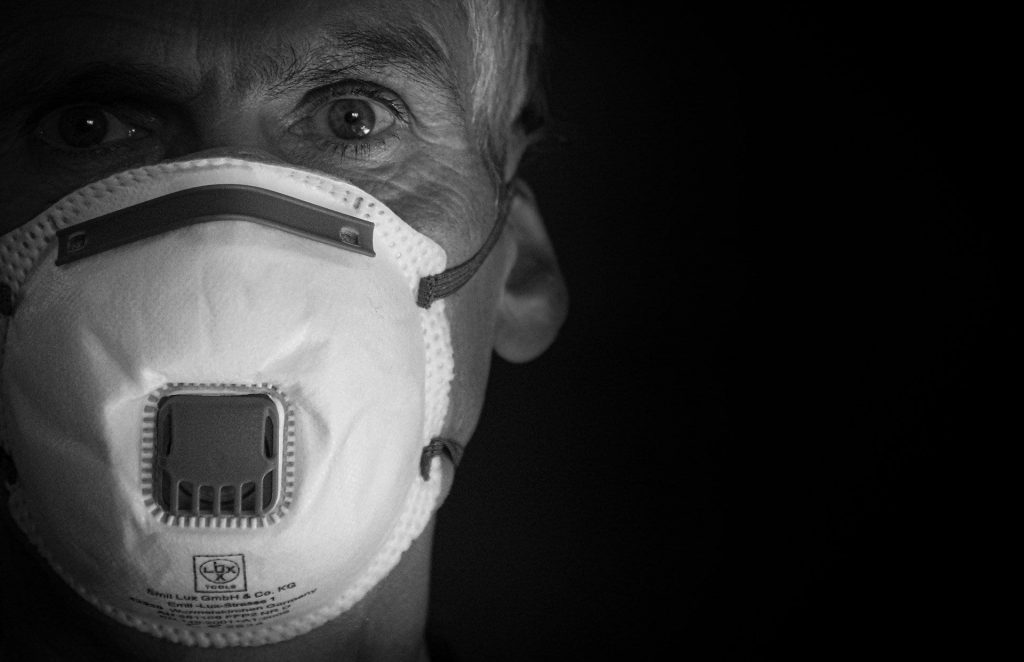
In a situation of a coronavirus pandemic, there may be two likely reactions: staying cold-headed and thinking soberly, or plunging into a wave of panic. Will the latter solve the situation? This is doubtful. But the psyche is likely to suffer. And the ability to soberly assess the situation, quickly make decisions at critical moments will decrease.
1. Make a break in reading the news
Learn from trusted sources only. Carefully analyze what you hear and see. Stop reading every half hour the news about coronavirus? Consume only verified information.
2. Avoid fights in comments on social networks
The more you get involved in conversations like “everything is lost, the coronavirus will kill us”, the more terrible the picture is drawn by the brain. And the thicker the “colors” become, the more difficult it is for the “ray” of rationality to break through them and reach you.
3. Less online – more offline
Do digital detox periodically. Spend time spent on the Internet to communicate with loved ones, read a book, draw a picture, learn to embroider. A break in reading the news will in no way affect the situation itself.
4. Be more present
Focus on what exactly happens at that moment. Fear and anxiety are a projection of oneself in the future. If there are real causes that threaten the health of yours and your loved ones, consider how you can minimize or eliminate them. And if now this is a far-fetched fear, let it go and focus on what happens at that particular moment.
5. Develop and write down an action plan for different cases
For example, cases of epidemics and restrictions on movement, illnesses of colleagues or people with whom you were in contact, your illness, or relatives. Describe in detail your actions in each case. This will give you a sense of control and understanding that you can handle any situation.
6. Switch
You feel that you are sucked by the search for information about the disease, fear, and anxiety are growing, switch to the implementation of monotonous household chores: washing, cleaning, cooking.
7. Do yoga
Yoga is a good treatment for panic attacks. Positive emotions are especially strengthened by those poses in which you need to arch your back or straighten your chest.
8. Focus on the positive
Our brain reacts more sharply to negative events. Therefore, try to focus on the good. Try to perceive the situation remotely, not including emotions, even if everything went awry. This is an effective spiritual practice that will help you to consciously relate to your own reaction to events and calm the part of the brain that causes emotions.
9. Write down what worries you
This will help to transfer the alarm to another plane (on paper) and calm down a bit. In addition, anxiety harms sleep. And you need to be in good shape.
10. Talk with family and friends about your feelings
Or consult a psychologist. Feeling fear and anxiety is not a shame. Moreover, worrying about your own and your relatives’ health and life is natural. A conversation with relatives or a specialist will help calm down and look at the situation from a different angle.
Picture Credit: Pixabay
